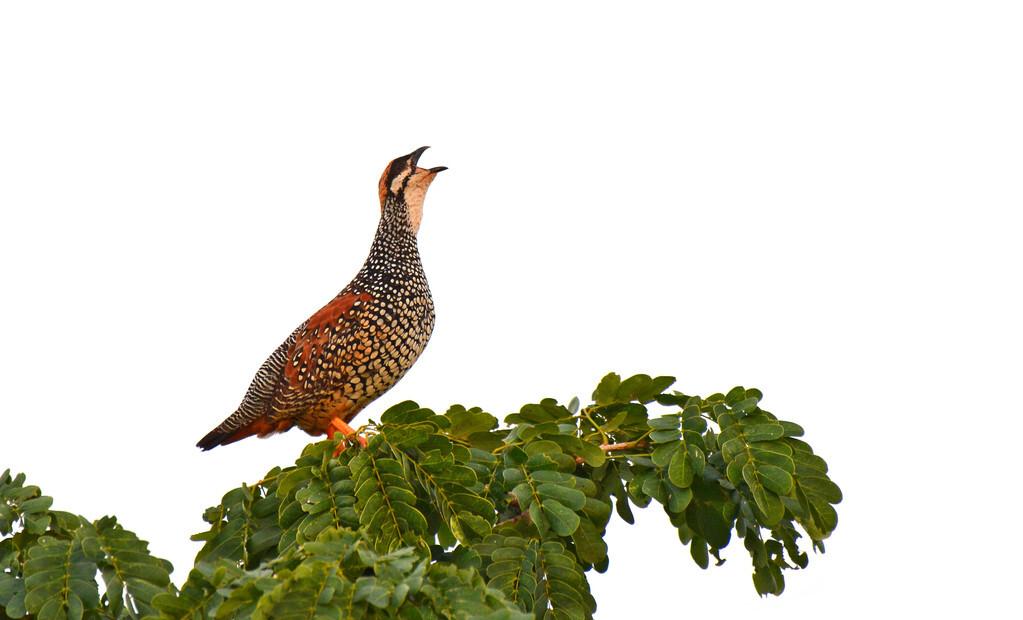This song of Xin Renjie is quite interesting.
Bodhisattva Man Shu Jiangxi Stoma Wall
Yu Lonely platform under the Qingjiang River, how many pedestrians in the middle of the tears. Looking northwest to Chang'an, poor countless mountains.
The green mountains can't cover it, after all, it flows east. Jiang Wanzheng was worried, and the mountain smelled of partridges.
I have always wondered what the "partridge in the mountains" really wants to express. Baidu a bit, the general comment is directly explained, the sunset I was full of sorrow, heard the deep mountain from the partridge chirping. Can't say no, but it feels superficial. Empirically speaking, poets are generally unlikely to say such a sentence without a head or a brain.
So, I continued to search, and found that there was a note that the partridge's chirping sounded like "brother who can't do it", which easily evoked the association of the hardships of the journey. Not only do I wonder, are partridges parrots? So I checked it, and it didn't seem to be! Since it is not a parrot mynah, how can it be so mouthy! It's not good to call something, call it this every day, and it's amazing that it hasn't been exterminated by people so far. This statement does not feel too credible.
So, can we look for clues from the topic? The title is called - Jiangxi Stoma Wall.
It felt like it should be a very southern place. The poet should be very blessed, and the official over there should often be able to eat the oranges of Gannan! Later I found out that I thought too much, because there seemed to be no oranges at that time. If there are really oranges, three hundred navel oranges, maybe I don't want to go home!
The problem may lie here. So I Baidu took a look at the range of partridge's life, and actually found a more reliable explanation.
There is only one species of partridge in China, the Chinese partridge, which is mainly distributed south of the Yangtze River and north of the Yangtze River. In addition, there are more than 30 kinds of partridges distributed in the tropics, mainly in Africa. There is no partridge distribution in the United States and the New World.

partridge
Baidu knows that the Chinese partridge is mainly a bird in the hilly area, which has not been encountered in high mountains or forests. It inhabits the undulating slopes covered with grass, dwarf trees or small pine forests, and sometimes on bare rocky slopes, and prefers to move in dry areas, descending into valleys in the early morning and at dusk in search of food. It inhabits grass at night, mostly in the bushes of short hills, sometimes in groups of 3-5 in search of food. In case of shock, it quickly hides deep in the bushes and is difficult to find. Strong claws, good at walking on the ground, although not often flying, but flying fast. It mainly feeds on grasshoppers, ants and other insects. It is found in Cambodia, China, India, Laos, Myanmar, Thailand and Vietnam.
By the way, there was also a message: many northerners asked if they could raise partridges? The answer is that real partridges can't be raised. Many people call the stone chicken the American partridge, after breeding when the partridge is sold, Du Niang is more aware of this, so in the know also tells the difference between partridge and stone chicken.
Stone chicken, at first glance, is from abroad, with Zorro a style.
Then if this solution is true, that is to say, the author's sentence: "Jiang Wanzheng is worried, and the mountain smells of partridge." I was in a state of sorrow as the sun set, when I suddenly heard the chirping of partridges coming from deep in the mountains, as if to remind me that partridges are the symbols of the south, but they cannot be heard in the north. What a tragedy! Deep in the depths of his hometown, there is no way to go back.